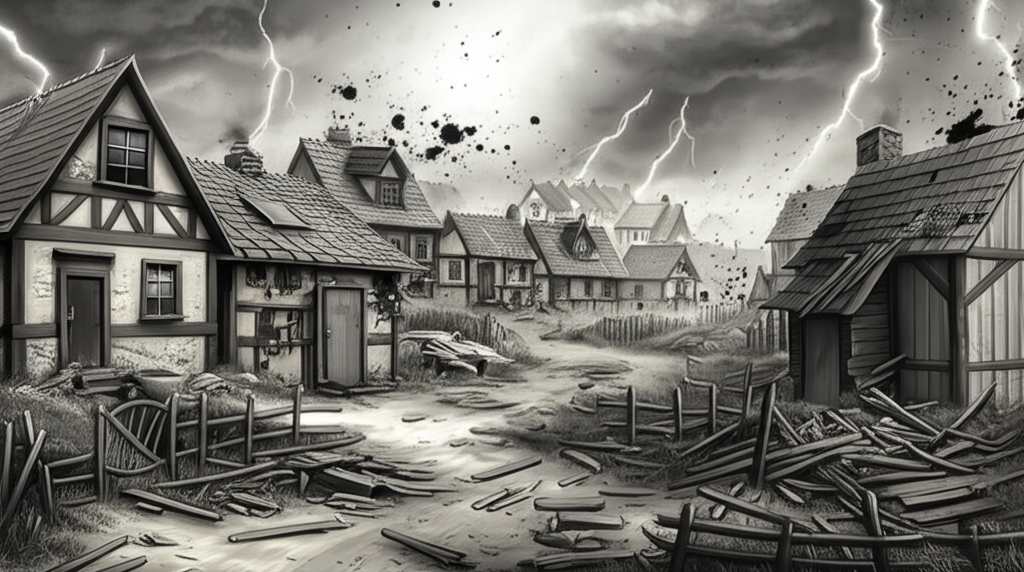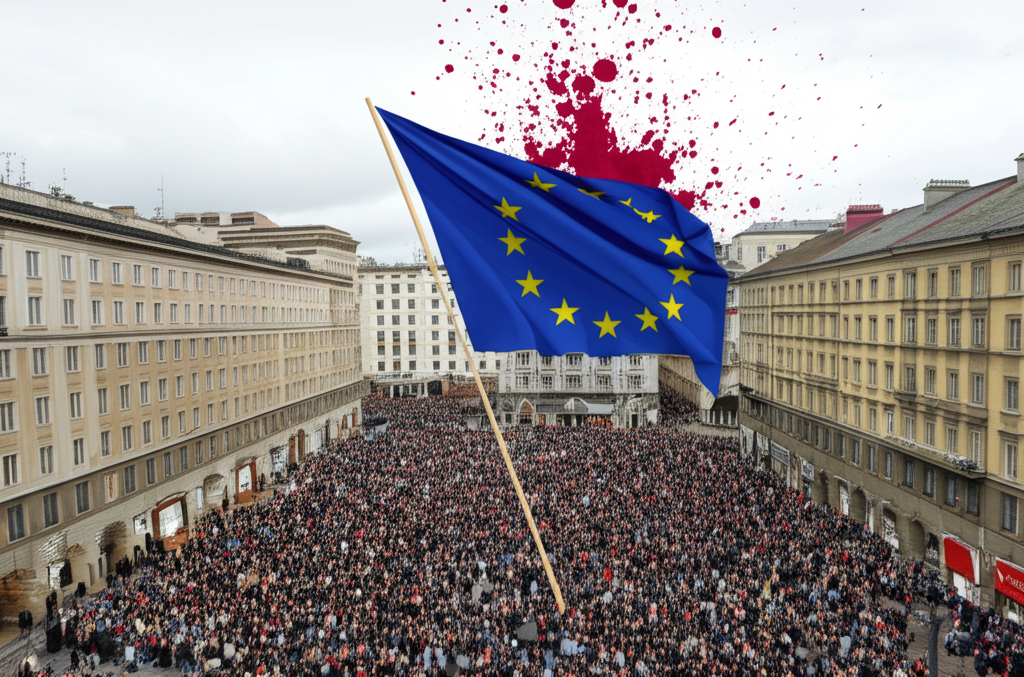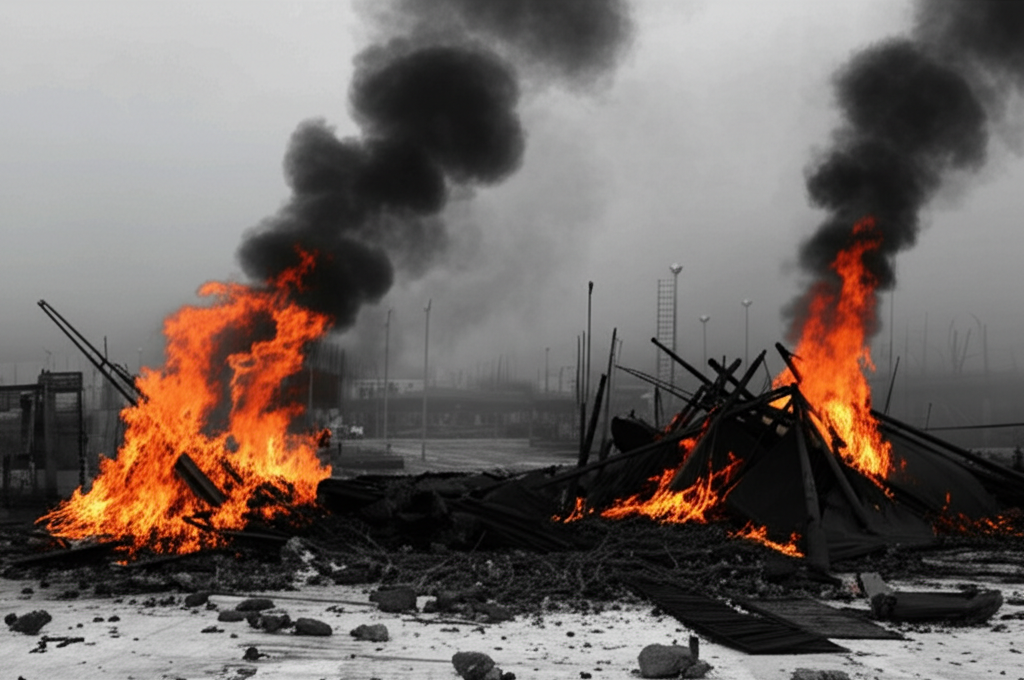Hold on tight, folks! Morocco’s making some serious moves to boost its regions. The nation’s 12 regions have just signed four groundbreaking agreements to supercharge regional development. This isn’t just paperwork; it’s a commitment to a better future. Buckle up, as we unpack what this means for Morocco and potentially for regional development models globally.
Here’s a quick rundown of what’s happening:
- Four Major Agreements: Focused on water, transport, and environmental protection.
- Nationwide Collaboration: Involving key ministers and regional leaders.
- Massive Investment: Billions of dirhams earmarked for crucial projects.
- Sustainable Goals: Alignment with national and sustainable development objectives.
- Forward-Thinking: Aiming to create a unified yet decentralized Morocco.
Morocco’s Regional Revolution
The Kingdom of Morocco is making huge strides in decentralization. Recently, all 12 of its regions came together with several ministerial departments to sign four framework agreements. These aren’t just any agreements; they are focused on accelerating the implementation of advanced regionalisation and strengthening cooperation across several strategic areas.
What’s on the Table?
The agreements, signed at the 2nd Advanced Regionalisation Conference in Tangiers, focus on vital sectors such as water management, mobility, and environmental protection. The main goal? To create a unified and yet more decentralized system, with each region having more control over its own development.
The Four Pillars of Progress
Let’s break down these four agreements:
Agreement 1: Fast-Tracking Regionalization
This agreement is all about speeding up the regionalization process. It’s designed to establish clear steps and timelines for the regions to exercise their powers, aligning with the national push for administrative decentralization. Think of it as giving the regions the tools they need to get things done efficiently.
Agreement 2: Water and Environmental Protection
This is about protecting Morocco’s natural resources. The agreement focuses on the implementation of national policies for water management and environmental protection. It aims to create a collaborative framework to tackle water and environmental issues head-on. With Morocco facing increasing environmental challenges, this agreement couldn’t come at a better time. Did you know that Morocco is increasingly investing in renewable energy sources like solar and wind, making this agreement even more crucial?
Agreement 3: Improving Public Transportation
This agreement focuses on funding the investment program for the new model of urban and intermunicipal public transport. With a budget of 11 billion dirhams set for 2025-2029, the goal is to improve the availability and quality of public transportation, ensuring a more sustainable and financially balanced system. Imagine smoother, more accessible public transport for everyone!
Agreement 4: Waste Management Revolution
The final agreement is about transforming waste management. It aims to strengthen partnerships between ministerial departments and regional councils to improve waste management and recovery, aligning with sustainable development goals. This is not just about clean streets; it’s about a healthier and more sustainable future for the whole country.
More Than Just an Agreement
This conference, themed “Advanced Regionalisation: Facing Today’s and Tomorrow’s Challenges,” isn’t just a bunch of officials signing papers; it’s a strategic move to reform Morocco’s political structure. The event drew over 1,500 on-site participants, 160 international guests, and more than 45,000 online viewers. This demonstrates the massive interest in the country’s developmental direction. It’s a big step in the right direction.
The Road Ahead
The signing of these agreements marks a new chapter for Morocco. It shows a dedication to regional development and national unity, making the most of each region’s strengths to create a more cohesive nation. It’s not just good for Morocco; it’s a great case study for other countries looking to enhance decentralization. As Morocco’s regions move forward, they may serve as a blueprint for other nations tackling similar issues. This is an exciting development in Africa and beyond.





